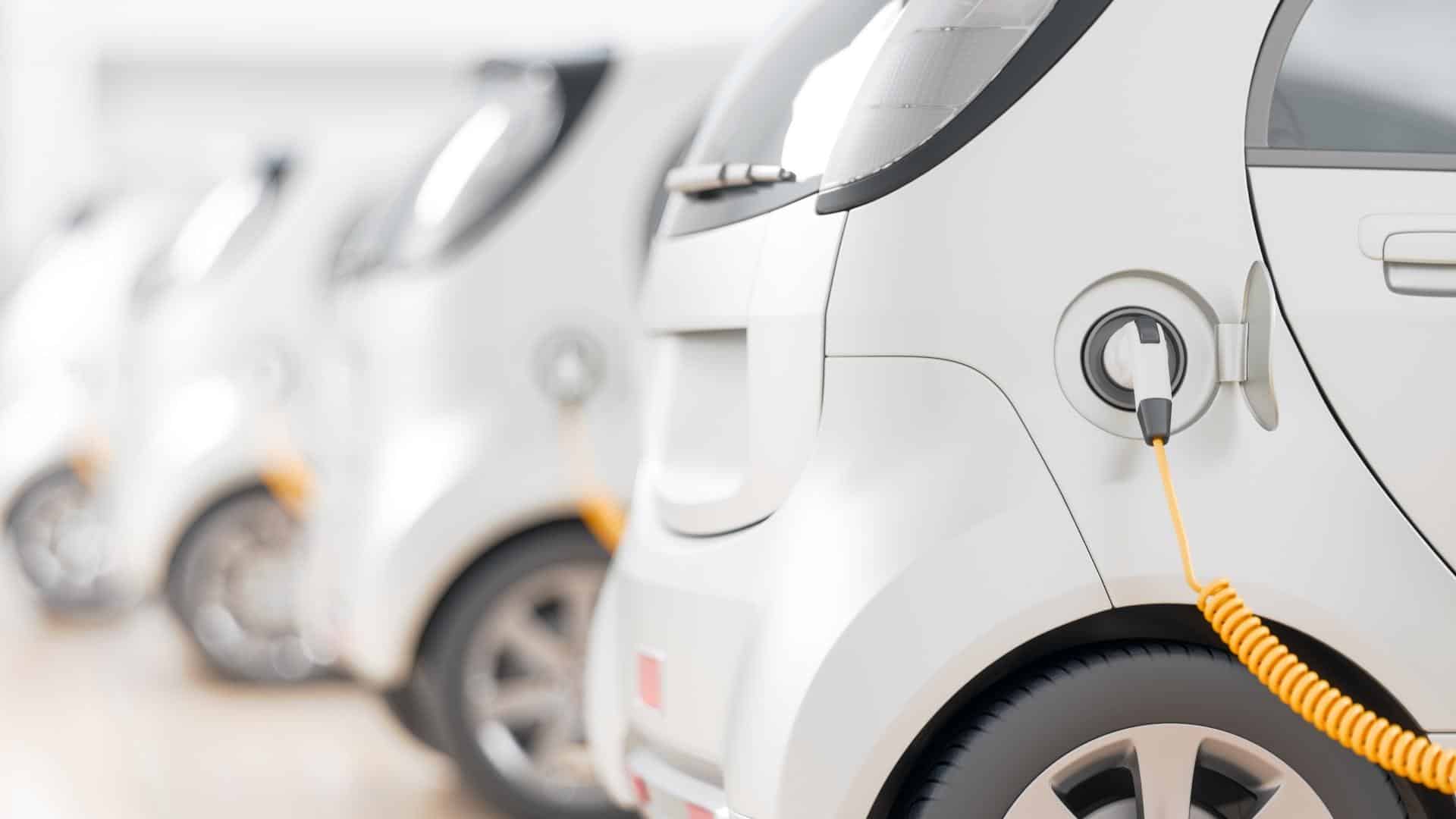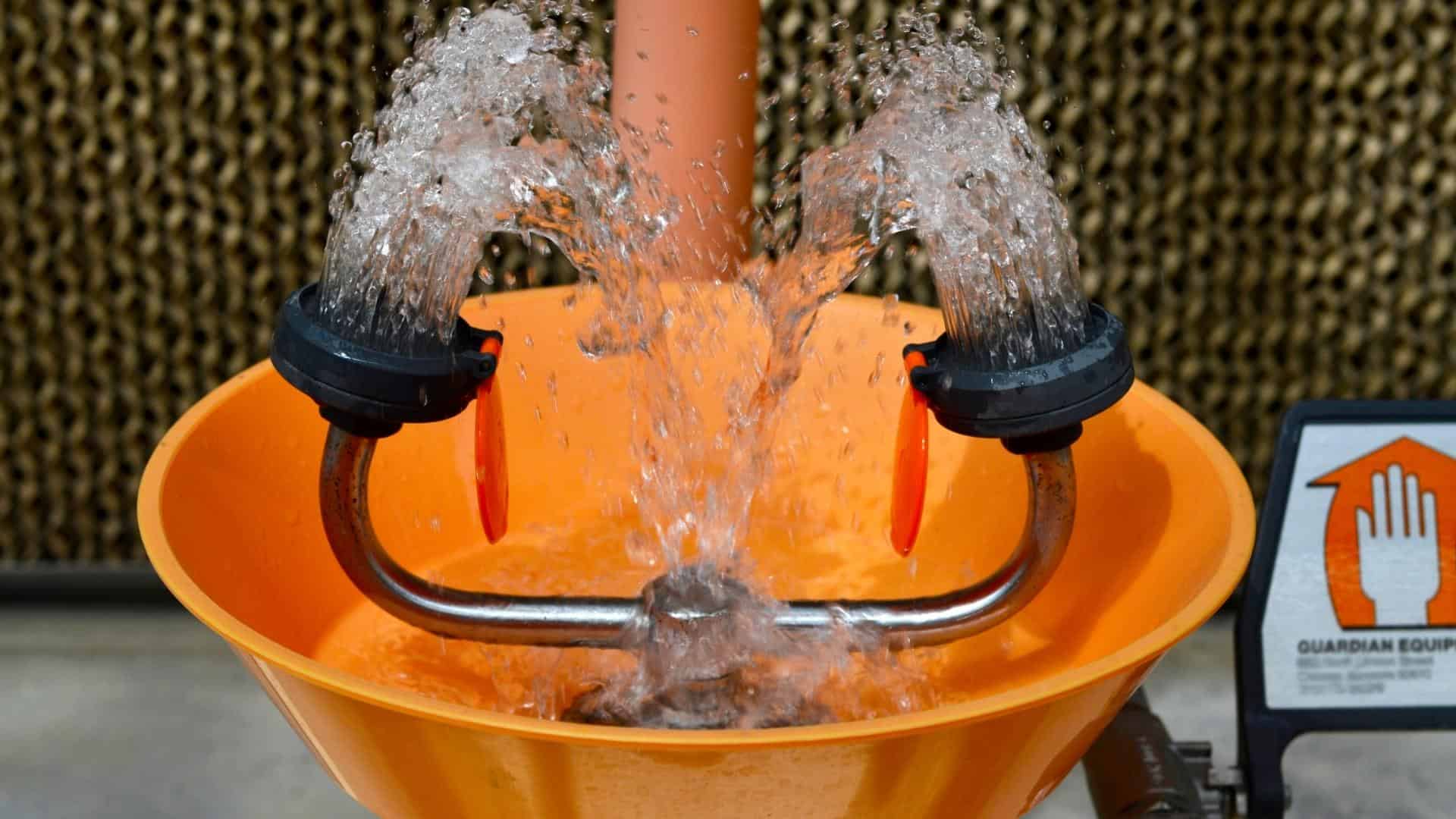Electric Battery Testing and Fume Hoods
Electric vehicles are becoming more and more popular in the United States. As such, more electric vehicle manufacturing is happening here at home. All parts of electric vehicles must meet strict safety regulations, including electric vehicle batteries.
Let’s take a look at some of the different batteries in electric vehicles and how fume hoods can be used to make the battery testing process safer for the automotive industry.
What Kinds of Batteries Are in Electric Cars?
Not all electric vehicles are the same. You may have a hybrid electric vehicle (HEV), a plug-in hybrid electric vehicle (PHEV), or an all-electric vehicle (EV). Each of these types of vehicles may use a different type of battery. Some batteries are better suited for one type of electric vehicle over the other. However, in general, the most popular batteries for electric vehicles include:
- Lithium-ion: Lithium-ion batteries are perhaps best known for being used in cell phones and other smart devices. However, they are also often used in electric vehicles, especially PHEVs and EVs.
- Lead-acid: Lead-acid batteries may be used in some electric vehicles, but because of performance and endurance issues, they are not as common as other batteries. Today, they are most often used for commercial EV purposes.
- Nickel-metal hydride: Nickel-metal hydride batteries are most commonly used in hybrid electric vehicles.
- Ultracapacitors: Ultracapacitors are rarely used as the main battery of an electric vehicle. Instead, they are typically used as a supplementary power source.
Are Electric Car Batteries Safe?
Electric vehicle batteries have been meticulously designed and tested to ensure their safety for consumers. The main issues regarding EV batteries tend to be overheating and difficulty recycling at scale.
Dangers of Batteries
Traditional batteries used in gas-powered cars also come with their own risks, including:
- Battery acid leaks
- Overheating
- Explosions
- Release of toxic fumes
Electric Car Battery Testing
Electric vehicle batteries must pass a variety of tests to ensure their safety, including:
- Temperature testing: Temperature testing evaluates how the battery performs in hot and cold temperatures, as well as humid and dry climates.
- Energy efficiency testing: Testers must determine whether or not the battery is performing efficiently. This is especially important as electric vehicles are touted as being more energy efficient than their gas-powered counterparts.
- Charging testing: Electric vehicle batteries are tested to determine whether or not they can hold their charge and deplete it safely.
- Endurance testing: Testers must measure how long the battery lasts between charges.
- Fire testing: For safety reasons, testers must determine how electric vehicle batteries react when exposed to fire.
- Altitude testing: Electric vehicle batteries are tested to see if they perform differently at different altitudes.
Fume Hoods for EV Battery Testing
At iQ Labs, we offer state-of-the-art fume hoods for electric vehicle battery testing, including benchtop fume hoods and floor mounted fume hoods.
Benchtop Fume Hoods for Electric Battery Testing
Our LA series and BV series benchtop fume hoods can be customized to fit your testing needs. They can be anywhere from 36 to 96 inches wide and customized in a variety of ways, including:
- Stainless steel liner
- Explosion-proof lighting and fixtures
- Vertical, horizontal, combination, or interlocking vertical (disappearing post) sash
- Vapor-proof light fixtures
- Air velocity monitor and alarm
Benchtop fume hoods should be placed on utility tables, also known as lab benches or workstations. At iQ Labs, we offer customizable utility tables as a safe place to put your benchtop fume hood.
Floor Mounted Fume Hoods for Electric Battery Testing
Our floor mounted fume hoods can be customized to any size, although our standard model is 48 inches tall and 28 inches wide. With a floor mounted fume hood, you can conduct tests on large electric vehicle batteries safely. Floor mounted fume hoods can also be customized in a variety of other ways besides size, including:
- Explosion-proof lighting and fixtures
- Vertical, horizontal, or combination sash
- Ceiling enclosure
- Air velocity monitor and alarm
Do Battery Charging Rooms Need to Be Vented?
In most cases, the room or garage in which you charge your electric vehicle does not need to be vented. Unlike gas-powered engines, electric vehicles do not emit toxic fumes when they run that require ventilation. Having an electric vehicle running in your garage is like having your television on in your house; it may not be energy efficient to keep it on all the time, but it’s not going to harm you physically to leave it on.
Do Traditional Car Batteries Need to Be Tested?
Yes. Batteries in gas-powered vehicles also must be tested. Often, traditional car battery testing requires the use of fume hoods to prevent battery acid fumes from causing harm to those in the lab.
Fume Hoods for the Automotive Industry
Whether you’re testing electric vehicle batteries or traditional car batteries, iQ Labs has high-quality fume hoods to ensure your safety. Reach out today to learn more or get a quote.




